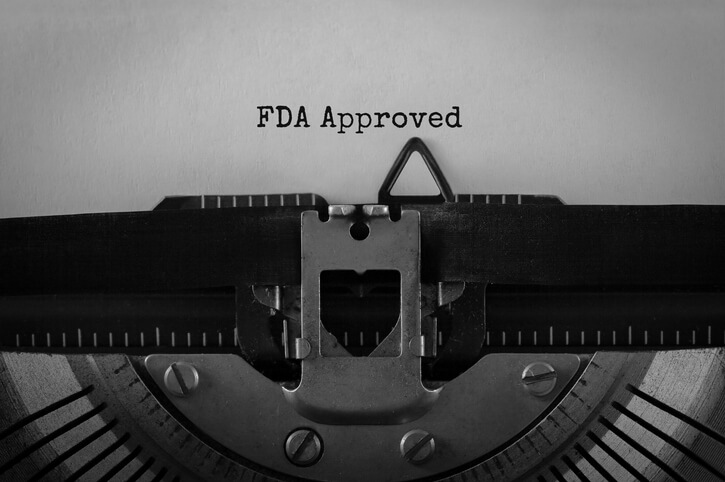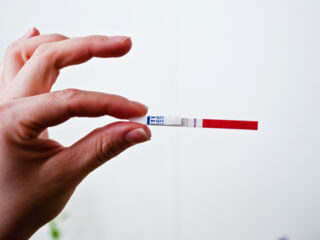Medtech industry in Germany is undergoing constant technological innovation, and each day new trends are presented to the market. Nowadays, one of the major healthcare innovations that are pushing the market includes new robotic systems for clinical process, 3D printing technology, customized medicine, and digitalization of healthcare.
The German healthcare market is valued approximately at 315 Billion Euros with a 3% p.a. Growth rate, and backs to 11% of the GDP. Furthermore, Germany spends 28 Billion Euros on medical technology to boost this increasing demand that is motivated by rising rate of chronic diseases, an aging population, and more demand for preemptive healthcare.
SME in German MedTech segment
It is reported that 7.5% of the total healthcare spending is expended on medical technology alone in Europe. Vitro Diagnostics serves as the major segment within medical technology with worldwide sales of $ 47.4 Billion; Cardiology comes second with $39.9 Billion, followed by Diagnostic imaging with 35.5 Billion USD, and orthopedics with 33.8 Billion USD. The single largest market in whole Europe is Germany with sales around 26.8 Billion USD each year. Although many hospitals are running shortages, the demand for medical equipment is similarly constant.
One of the biggest groups in Europe is situated at Tuttlingen in the Southwest part of Germany. The region claims to be Global Hub of Medical Technology, with more than 13.000 people being in 400 SME MedTech companies.
80% of the enterprises in the cluster are SME, and they are positioned around the endoscope maker Karl Storz and the surgical instrument manufacturer Aesculap.
(Source: https://www.linkedin.com/pulse/medtech-sector-germany-offers-lot-opportunities-thomas-roell)
| Recommended for you | |
| Why German MedTech SMEs should develop partnerships? | |
| 5 Major challenges for German MedTech SMES | |
| German MedTech SMEs cooperation with eHealth startups |
Overview of developing digital health technologies
Medical devices are one of the most evolving segments of this digital health market, capturing more than 44% of the overall industry. The major portion of the German production of Medical technology is exported (approx. 16 Billion Euros p.a.), and due to this, companies have to import approximately 10 Billion Euros p.a. Medical products from North America and Europe to meet the market demands.
German medical technology companies are profoundly innovative, bringing them a very significant competitive edge in an exceptionally challenging industry. Typically, businesses spend 9% of its revenue in R&D, and 15% of their workforce devote themselves in R&D. Most of their products are relatively fresh in the market, and there is also a close cooperation between MedTech companies and R&D institutions.
Essential Digital Healthcare Technology patterns are changing how healthcare functions. 3D Technology, Big Data, Hyperconnectivity, and Cloud Computing arises in an upward demand for digital healthcare solutions in Germany. According to approximations, the German eHealth market will rise to around 3 Billion Euros in 2017 itself, building this segment one of the most proficient fields for future investment in the industry. The most popular healthcare apps are related to medical advice, nutrition, and workout these days.
(Source: https://www.linkedin.com/pulse/medtech-sector-germany-offers-lot-opportunities-thomas-roell)
Top 5 challenges faced by mid-sized Medtech companies in Germany
Let’s review some of the significant challenges faced by SME Medtech firms in Germany:
- Because of relatively smaller scale, mid-sized manufacturers face cost pressure and compliance risks if product reliability, quality, or brand reputation becomes an issue.
- To a larger extent than more major companies, mid-sized medical products manufacturers must rely on new product developments and enhancements for constant growth for continued volume growth, repeatability, and market share.
- China, India are considered as frontrunners in the Medical Equipment Manufacturing segment, German Medtech Companies face stiff completion regarding cost, workforce, market capture, and competition.
- Healthcare system in Germany is very traditional, high-tech medical care and devices are still in its nascent stage. New and Innovative products with the help of private funding are pushing this segment ahead.
- Lack of Governments often subsidize R&D, speed regulatory approvals, provide tax and financial support.
Next Move
The medical technology industry is experiencing a time of fundamental change. The increasing frequency of chronic diseases along with changing healthcare system pushing the demand for high-end eHealth solutions diagnostic and imaging equipment, and other high-quality medical devices. On the other hand, healthcare expenditure is increasingly restricted by strict public budgets and government support.
The quickly changing digital healthcare market is partially responsible for the increase in mergers and acquisitions across the medical device industry. Volume increasingly matters in the pharmaceutical sector, as multinationals and SME seek to upsurge their scale to rule the market competition. However, the primary objective must be to assure the patients in Germany and worldwide to gain benefit from modern and safe medical technologies.
Image credit: www.istockphoto.com

















